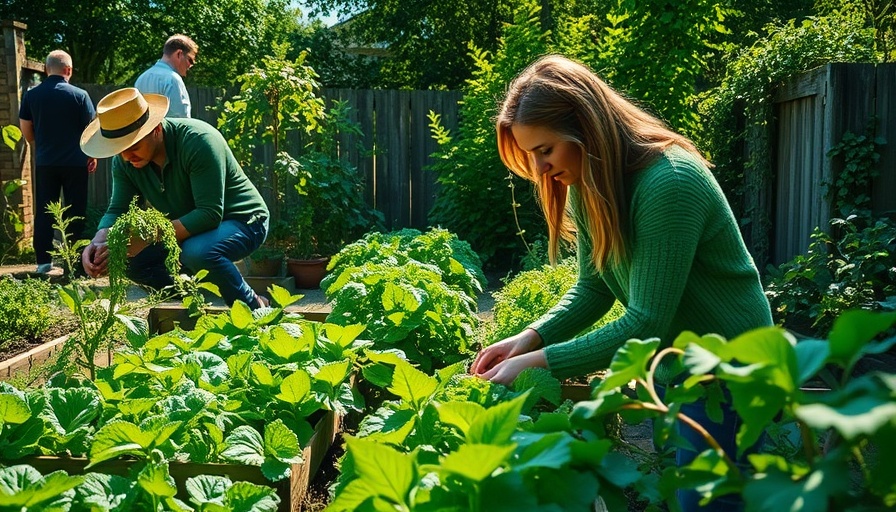
Unlock the Secrets to Successful Vegetable Gardening
Thinking about growing your own vegetables? It sounds easier than it is, but with a little planning, you can cultivate a productive garden that yields fresh produce right from your backyard. Here are essential steps to guide you on your journey to successful vegetable gardening.
Understanding Soil Types: The Foundation of Your Garden
Before diving into planting, the first and foremost aspect to consider is your soil. Not all soil is created equal; while some types offer optimal conditions for growth, others can hinder your plants’ success. To determine the right soil for your garden, consider conducting a soil test to analyze its pH and nutrient levels. This test will provide insights that might lead you to amend your soil with limestone or sulfur. Understanding your local soil characteristics, which differ significantly from area to area—such as between urban Philadelphia and rural Arkansas—will set you on the right path toward a flourishing garden.
Choosing the Perfect Location for Planting
Where you plant your garden can make or break its success. Observe your yard throughout the day; some areas might bask in sunlight for most hours, while others fall prey to shade. The ideal vegetable garden thrives in 6-8 hours of sunlight. Additionally, think about water access—be mindful that your spot is reachable with your watering system. A well-planned watering setup will be crucial for maintaining your crops and keeping them productive.
Selecting the Right Vegetables
When it comes to seeds, it's easy to get carried away with your choices. However, not all plants are compatible with your specific conditions. To ensure success, research which vegetables are suited for your hardiness zone, climate, and sunlight exposure. Choosing your plants wisely will prevent disappointment down the road. Consider starting with reliable staples such as tomatoes, peppers, and leafy greens that are more likely to thrive in diverse conditions.
Incorporating Sustainable Practices: Elevate Your Gardening Game
In today's environmentally conscious world, employing sustainable gardening practices can elevate your gardening experience. Techniques like vertical farming allow you to maximize your space, making them particularly useful for urban gardening environments. Hydroponics can also offer innovative solutions for home gardening, allowing you to grow vegetables without soil and using less water than traditional methods.
Connect with Your Community: Grow Together
Consider joining or establishing a community garden. Such initiatives serve as fantastic hubs for knowledge exchange and shared resources, making the DIY gardening process less daunting and more collaborative. Engaging with fellow gardening enthusiasts can inspire new ideas and foster lasting friendships.
Final Thoughts: Embrace the Journey
Embarking on your vegetable gardening adventure is not just about growing food; it's about cultivating a deeper connection with nature, your neighborhood, and yourself. As you plan your garden, remember to be patient and embrace the process. Digging into this rewarding hobby can provide nourishment for both body and soul for you and your community.
 Add Row
Add Row  Add
Add 




 Add Row
Add Row  Add
Add 

Write A Comment